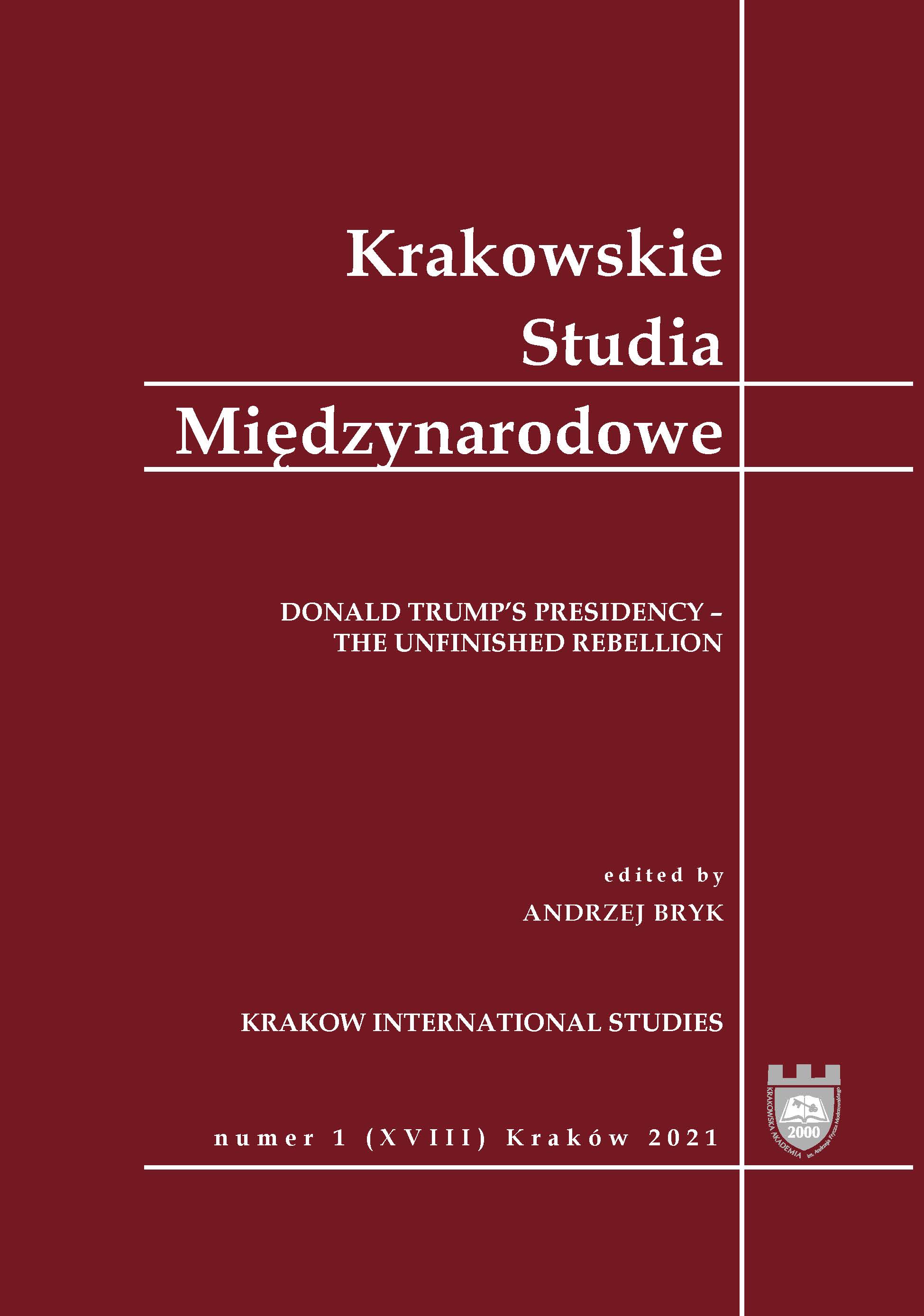Law and Collective Memory in the Service of Illiberalism. Through the Looking-Glass: Transformation or a Reactionary Revolution?
Law and Collective Memory in the Service of Illiberalism. Through the Looking-Glass: Transformation or a Reactionary Revolution?
Author(s): Mirosław Michał SadowskiSubject(s): Politics / Political Sciences, Law, Constitution, Jurisprudence, Political Theory, Public Law
Published by: Oficyna Wydawnicza AFM Uniwersytetu Andrzeja Frycza Modrzewskiego w Krakowie
Keywords: illiberalism; Poland; Hungary; collective memory; memory policies;
Summary/Abstract: The past decade has seen profound changes take place in Central Europe, notably in Poland and Hungary. Countries once hailed as model liberal democracies have travelled through the looking glass, turning into their own illiberal reflections. Was it a transformation, or a revolution, a reactionary one, as some researchers argue? The purpose of this paper is to analyse these changes in the region, with a special focus on law and collective memory, which have been in a way turned into the instruments of the illiberal transition. In the introductory part of the paper the author provides the background of the transformation, briefly outlining the question of the rule of law in the region. The first part of the paper is devoted to the legal causes of the recent changes in Poland and Hungary, with the role played by their defective constitutions highlighted. In the second part of the paper the author focuses on the process of changes itself, showing how liberal legal mechanisms (e.g. constitutional tribunals, rules of parliamentary proceedings) were in a way highjacked and reemployed to serve the new illiberal system. The third part of the paper is devoted to the role played by collective memories in the current changes, with the author showing how the illiberal state uses a variety of methods, from renaming the streets to implementing memory laws, to foster certain version of the social perceptions of the past. Ultimately, in the concluding remarks the author poses the eponymous question pondering whether the journey through the looking glass was more of a transformation or a revolution for Poland and Hungary.
Journal: Krakowskie Studia Międzynarodowe
- Issue Year: XVIII/2021
- Issue No: 1
- Page Range: 107-128
- Page Count: 22
- Language: English

